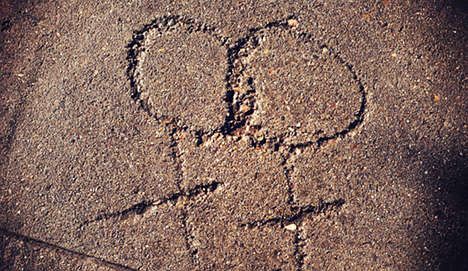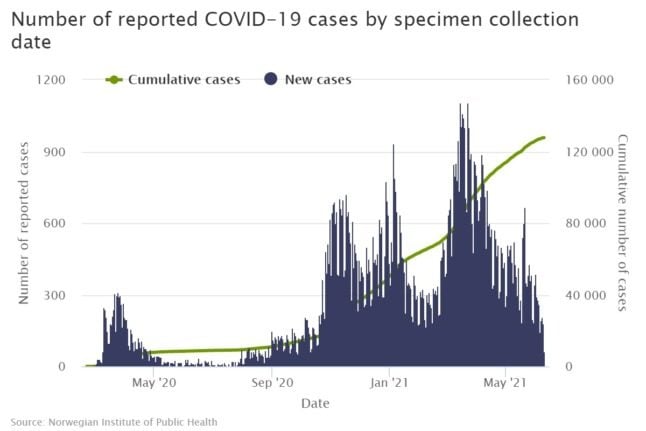The preliminary ruling by Europe's top rights court is significant because it highlights the legal differences that can exist between civil unions and regular marriages.
More than 10 nations allow gay marriage, but not France, where only married couples and not civil union partners can adopt.
The case was filed by Valerie Gas and Nathalie Dubois, who have been living together since 1989 and entered into a civil union in 2002.
In 2000, Dubois gave birth to a daughter in France through an anonymous sperm donor.
Six years later, Gas applied for an adoption order for the girl, but French courts rejected the request, saying it was not in the interests of the child and could deprive Dubois of her rights in respect of the child.
The couple complained to the European Court of Human Rights in 2007 that the ruling was discriminatory, and infringed on their right to respect for their private life.
The seven-member panel of judges noted that civil unions do not give one partner the right to adopt the other's offspring, regardless of if the couple is gay or straight.
As such, it could not be argued Gas and Dubois had been discriminated against, the court said.
The court saw "no evidence of a difference in treatment based on the applicants' sexual orientation, as opposite-sex couples who had entered into a civil partnership were likewise prohibited from obtaining a simple adoption order," the court wrote in a statement.
Only one judge dissented, saying the difference in status between marriage and civil union constituted discrimination not in the interest of the child.
Some European nations including Belgium, Denmark, Finland, Germany, Iceland, the Netherlands, Norway, Spain, Sweden and the UK allow gay adoption.
In the US, some states including California allow it, as do several other countries including Canada.
The lawyer for the two women, Caroline Mecary, said the court had "ignored the child and kept itself to a fairly conformist analysis."
"Eleven European countries already allow the adoption of children by homosexual couples," she said, decrying the "gap between French society and the political majority."
The couple has three months to appeal the ruling.




 Please whitelist us to continue reading.
Please whitelist us to continue reading.
Member comments